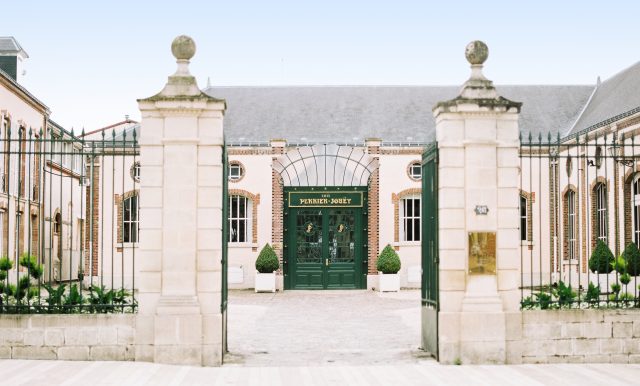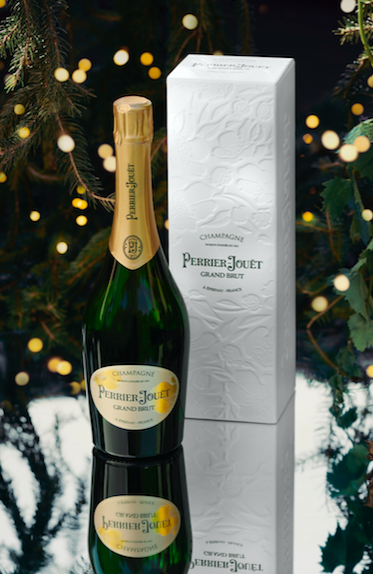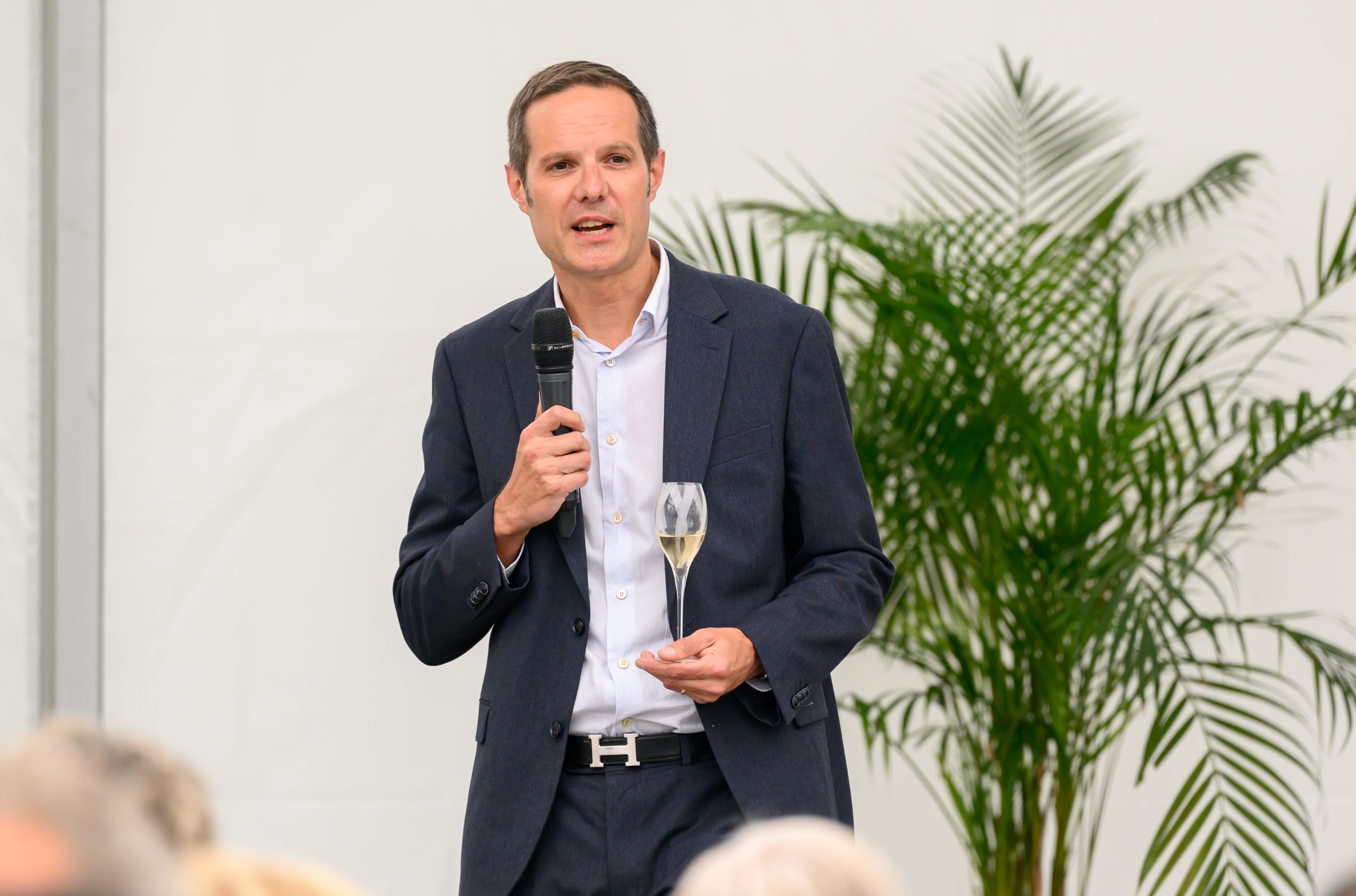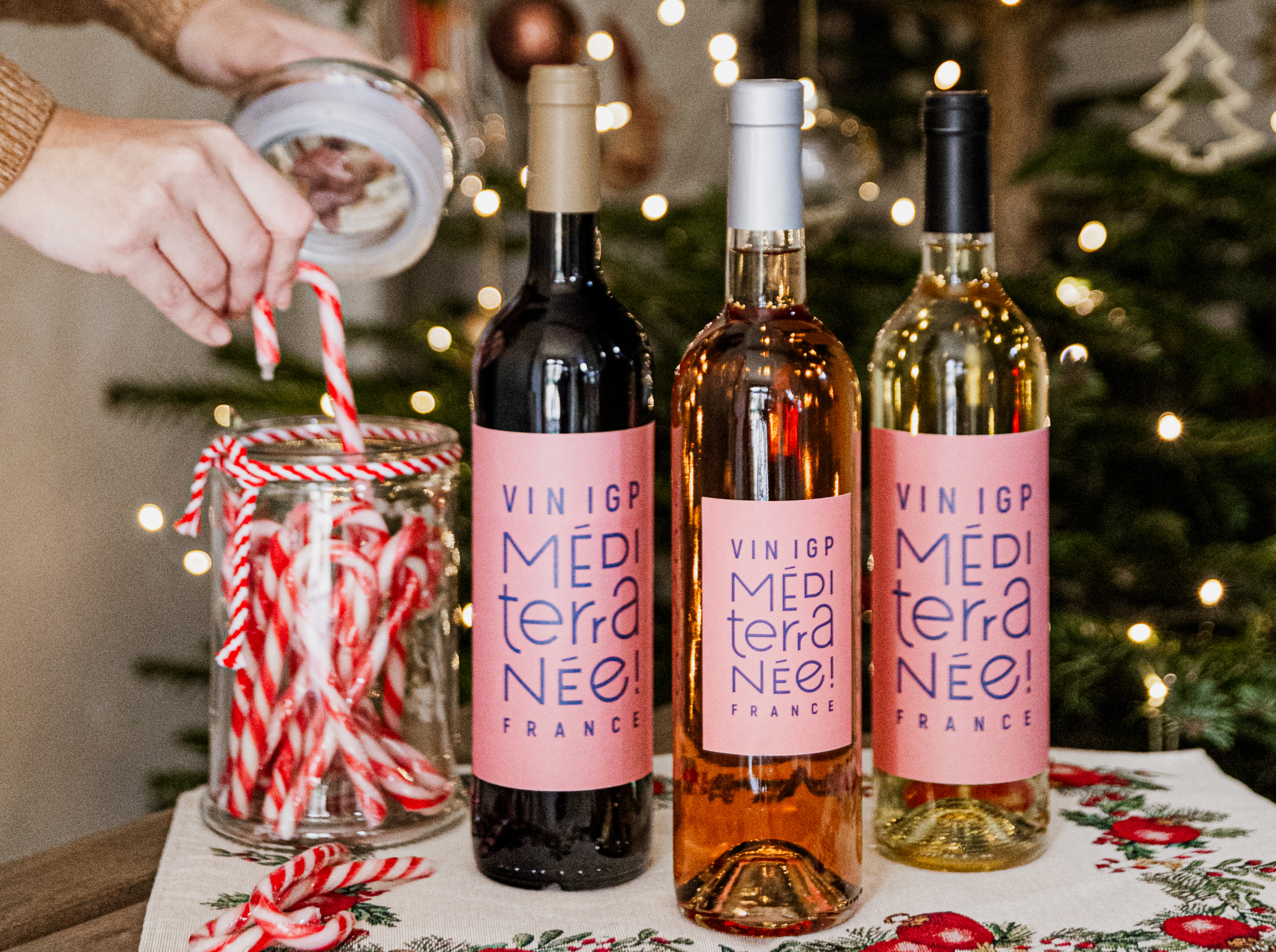Organic viticulture ‘almost impossible’ in Champagne
While Perrier-Jouët’s brand ambassador, Jonny Simms, says going organic would be “nirvana”, he believes practicing organic viticulture in the region is “almost impossible”.

Speaking during the UK launch of Perrier-Jouët Belle Epoque 2013, Simms said: “Being organic would be nirvana, but it’s almost impossible in Champagne. Mildew is such a big problem in the region that the only solution is spraying with the appropriate chemicals.
“You can do organics plot by plot in Champagne but mildew is too big a problem to be able to practice organic viticulture across the entire region.”
Despite the challenges Champagne producers face with going green, Perrier-Jouët is going to great lengths to minimise its impact on the environment.

The house, which owns 65 hectares of vineyards including 55ha of grand cru land, began monitoring its carbon footprint in 2009, and has reduced its Scope 1 and 2 carbon emissions by 55% since then.
All by-products from the vinification process, from grape seeds, skins and pulp to lees are reused as compost or turned into essential oils for cosmetics and cooking oils for food.
Last year it implemented a zero-herbicide policy on its own parcels, ahead of the 2025 target for the whole Champagne region.
In 2016, 100% of Perrier-Jouët vineyards obtained a double certification for Sustainable Viticulture in Champagne and High Environmental Value (HEV).
The house and its vineyards also meet Quality Safety Environment (QSE) standards that recognise its commitment to a continual improvement of product quality, as well as respect for the environment and the wellbeing of its employees.
Since 2014 P-J has planted trees, shrubs and hedges and installed beehives to increase biodiversity in its vineyards.
Partner Content
A year later the house introduced sexual confusion in its vineyards to disrupt the reproduction of two damaging species of moth, as an alternative to insecticides.
The company is also experimenting with green fertilisers, alternative treatments, confined spraying and electric trimming trolleys. All P-J sites use green electricity and will convert to green gas this year.
The house has also lightened the wright of its classic collection bottles by 7% and Belle Epoque bottles by 8%. Its green bottles are made from 85% recycled glass.
Its new, eco-designed shipping cases, meanwhile, are made from recycled grass paper, while its new gift boxes are produced from 100% natural fibres, sourced from FSC-certified forests, with ink and glue that are free from mineral oils.
The house aims for its entire gifting offer to be eco-designed by 2022.
“All of these initiatives are encouraging positive steps that we hope will flow out to our growers and partners and their production processes,” Simms said.
He describes the 2020 vintage as “cracking” and “really special”, despite the lower yields. He’s also excited about the 2018 releases when they come out due to the “exceptional weather” that year.
In terms of export markets, the US is now the leading market for the house, followed by the UK, with Japan now the number one market for Belle Epoque.
“They’ve really fallen for Belle Epoque in Japan due to the story behind it and its link to nature via the anemone flower design, which really resonates with Japanese consumers. The wine’s soft, gentle style also really suits Japanese food and palates,” Simms said.
Closer to home, Simms said Champagne has proved to be “really resilient” during one of its most challenging years in recent history.
“Supermarket sales over Christmas boomed due to gifting. The challenge for us in the UK is to work hard to make sure the British taste for Champagne is back again and see it translate into the on-trade. I hope we’ll have a Champagne summer in the UK,” Simms said.




